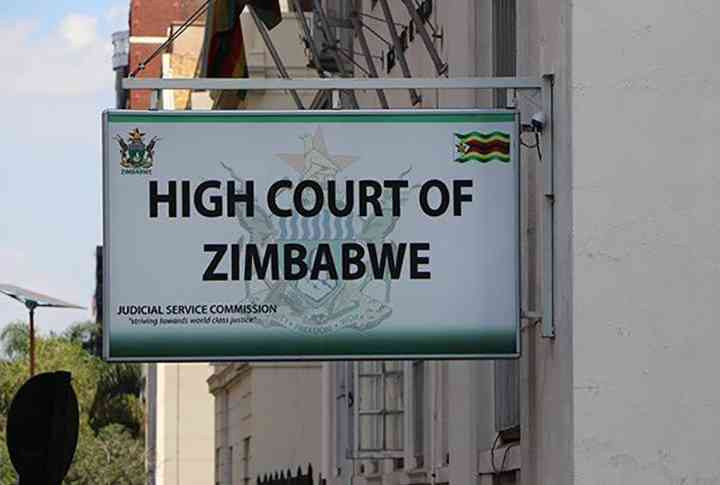
By NQOBANI NDLOVU
SHORTAGE of refuse removal trucks is hampering the Bulawayo City Council (BCC)’s garbage collection activities, amid reports that the city only has 10 refuse compactors when it requires 26.
This comes at a time when the Bulawayo city fathers have expressed concern over litter bugs in the central business district (CBD), saying the city was now littered with garbage. Bulawayo has been touted as the cleanest city in the country, but latest council reports say refuse collection was not being carried out effectively.
“Inadequate refuse removal vehicles were hampering the effective collection of waste in the city. The department was operating with a daily average of 10 compactors against an ideal of 26. Ideally, the city needed seven refuse compactors in the high-density areas,” read the health, housing and education report.
“Four compactors were needed daily for collecting waste in the western areas using the community refuse programme, however, during the month on average only two compactors were available per day for this activity. This brought to 26 the number of refuse compactors that were needed to help the city to regain its status of being one of the cleanest cities in the region.”
The litter in the city, which has now become an eyesore, has left the city fathers mulling the introduction of deterrent fines for litterbugs.
Council does not have a by-law on littering, but was relying on by-laws borrowed from the Public Health Act as well as the Environment Management Act.
Council once considered installing closed-circuit television (CCtv) cameras in the CBD to identify people who throw litter on the streets for prosecution.
- Chamisa under fire over US$120K donation
- Mavhunga puts DeMbare into Chibuku quarterfinals
- Pension funds bet on Cabora Bassa oilfields
- Councils defy govt fire tender directive
Keep Reading
Street littering and illegal dumping attracts a $20 fine.
A number of residents have been fined in Bulawayo for illegal dumping of litter after council personnel picked litter which included letters or documents bearing their residential addresses or personal information.
Currently, council uses such information to charge perpetrators with illegal dumping.
- Follow Nqobani on Twitter @NqobaniNdlovu









